The Think in Azul project launches a new scientific station that will be set up in the Portocolom lighthouse and will be connected to an underwater platform at a depth of 35 metres
The creation of an underwater platform near Portocolom, at a depth of 35 metres, will be one of the main lines of action of the Think in Azul project in the Balearic Islands. It will be connected to the new scientific station to be built at the Portocolom lighthouse, which will be managed by the government. This project will promote marine scientific research and technological development in 7 autonomous communities.
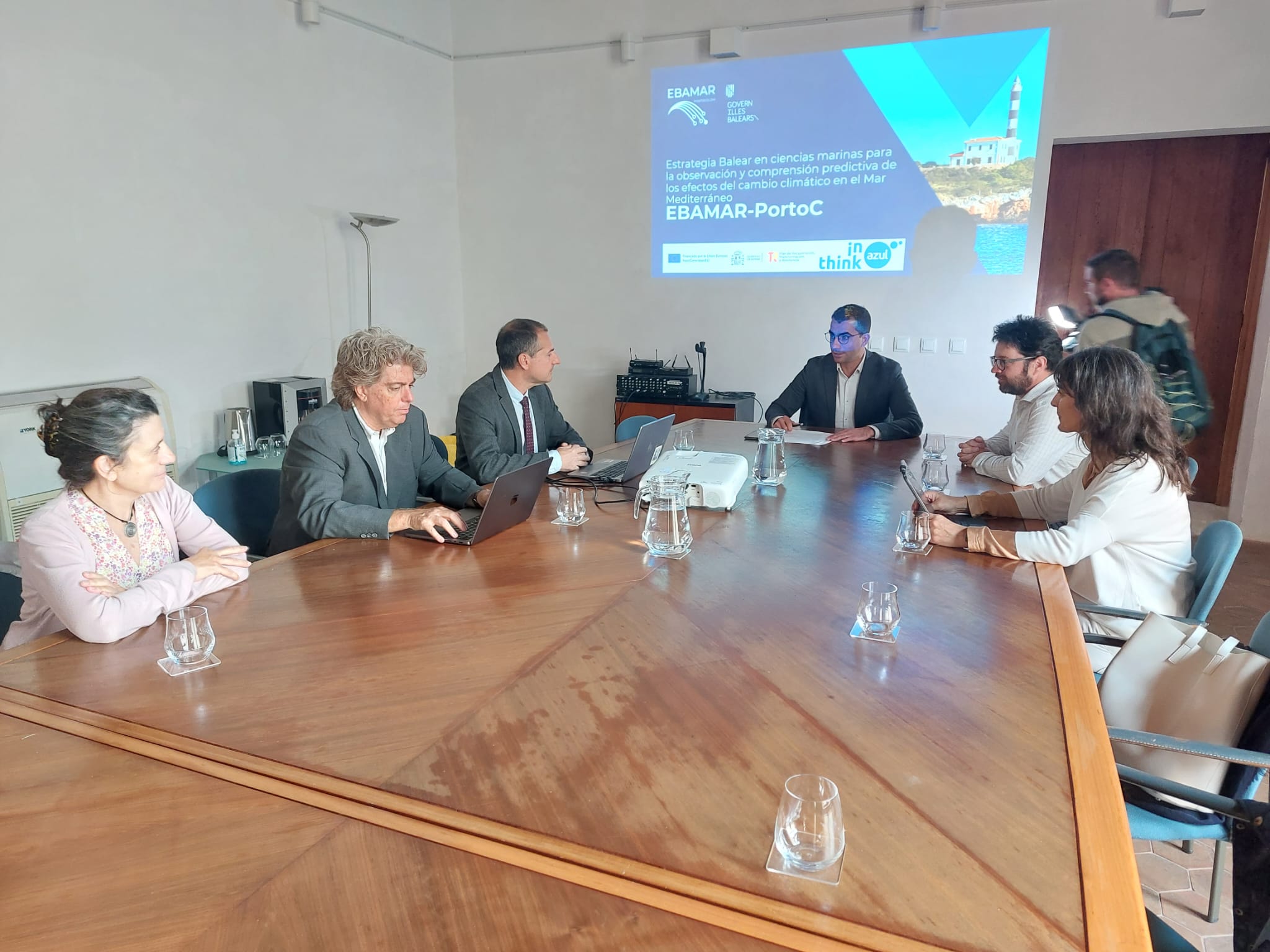
Meeting of the Government of the Balearic Islands with the scientific research bodies of the Balearic Islands. Photo: Govern de les Illes Balears.
This is the EBAMAR- PortoC programme, which involves the incorporation of this new specific international station into the network of coastal stations of the Balearic Islands. It will be managed by the CSIC and the Max Planck Institute.
For the first time, research institutes in the Balearic Islands will work together. They are the University of the Balearic Islands, the Mediterranean Institute for Advanced Studies (IMEDEA), the Balearic Islands Oceanographic Centre (COB-IEO) and the Balearic Islands Coastal Observation and Forecasting System (SOCIB).
Think in Azul for marine research
Think in Azul is the name given to the Complementary Marine Science Plan, co-financed by the Ministry of Science and Innovation, through European funds, and by the participating autonomous communities: Balearic Islands, Galicia, Andalusia, Cantabria, Region of Murcia, Valencia and the Canary Islands.
The main objective is to develop a future infrastructure for research and technological development in the field of biodiversity and climate change, as explained by the director of IMEDEA, Gotzon Basterretxea. As well as creating new jobs in this sector.
Other more specific objectives are to study the variations generated by climate change, to create specific technology for sectors such as tourism or fishing, to promote a new ocean culture by disseminating knowledge about the marine environment to society in general and to improve the social perception of the activities included in the blue economy (small-scale fishing, aquaculture, etc.).

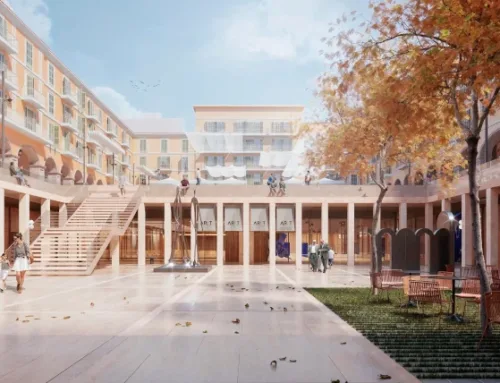
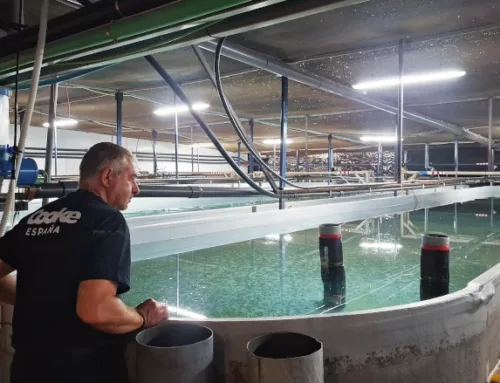

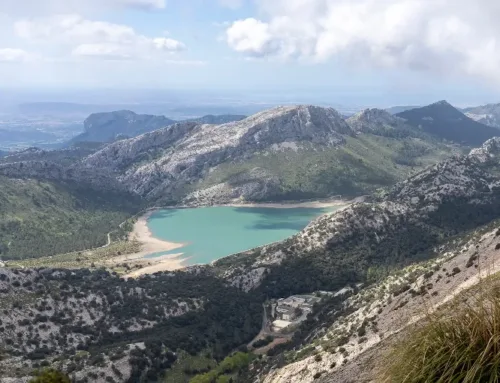
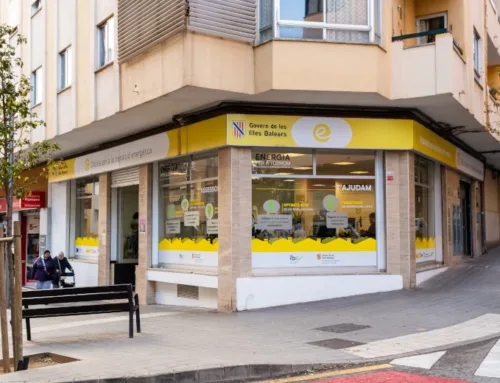

Leave A Comment